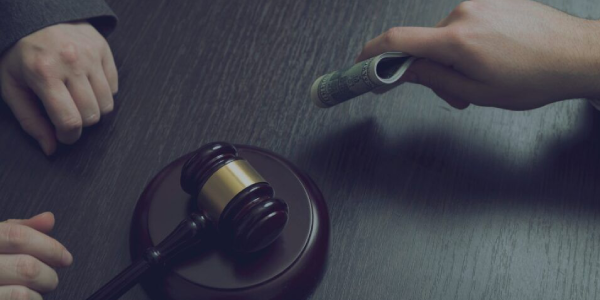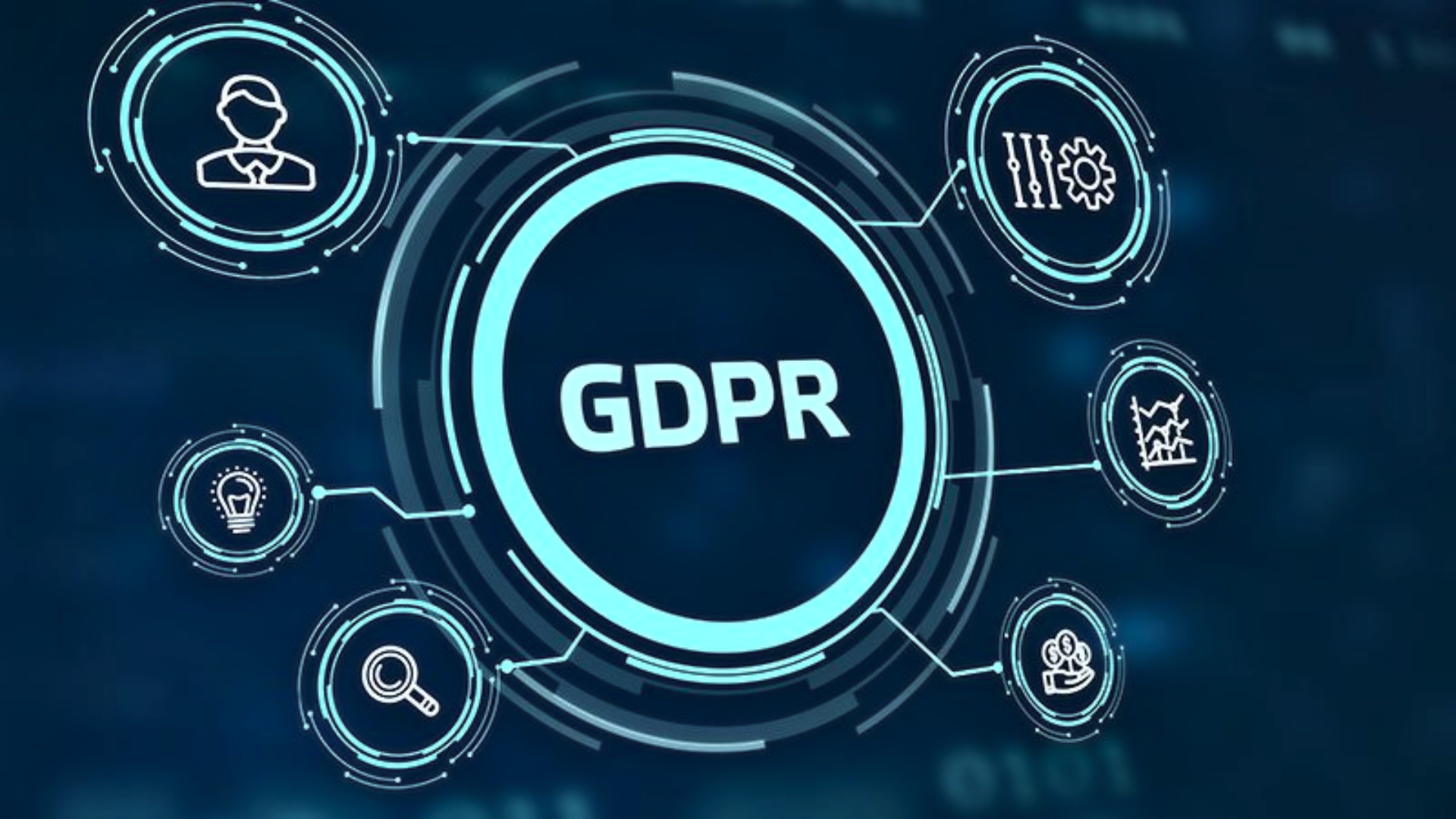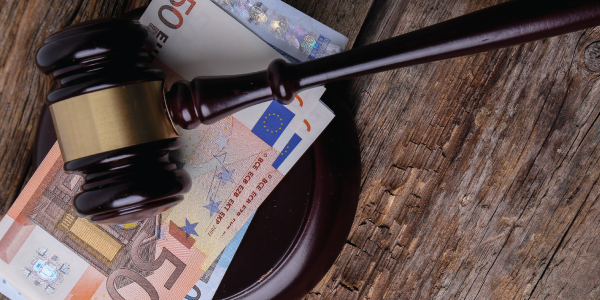After nearly twenty-three years since the enactment of the Information Technology Act, 2000 (‘IT Act’), the Ministry of Information and Technology (‘MeitY’) has taken a significant stride in paving the way for a technologically progressive India. On March 9, 2023, MeitY unveiled a
presentation introducing the proposed Digital India Act, 2023 (‘DIA’), aimed at furthering the digital landscape in the country. The MeitY conducted several rounds of stakeholder consultations to gather feedback and insights before finalizing the draft of the law. During this process, they are also reevaluating the ‘safe harbour’ principle to ensure its relevance and effectiveness. As per the IT minister, Rajeev Chandrashakher, the concept of ‘safe harbour’ has undergone significant changes since the early 2000s, expanding its scope to include various types of participants and online platforms with diverse functional needs. Due to this evolution, the government is now set to propose new guidelines and regulatory requirements to address the different aspects of these platforms.
Potential Changes in the Proposed DIA
The DIA may witness novelty in approaching intermediary regulation as the government introduced certain important changes.
-
The government believes that the internet ecosystem comprises various types of participants, and each requires a specific guardrail and regulatory measures specifically tailored to their roles.
-
While general obligations like due diligence, content restrictions, and grievance redressal will persist, the new approach to safe harbour principle will aim to introduce additional requirements with defined penalties for non-compliance. This is different from the IT Act, where liability was mainly associated with third-party content.
-
One potential proposal involves limiting safe harbour protections to certain ‘pure-play’ intermediaries like Telecom Service Providers, Internet Service Providers, and hosting/cloud providers. There will be parameters to differentiate between platform-generated and user-generated content. Moreover, it will be essential to investigate the level of decision-making influence intermediaries hold over user-generated content.
-
The government advocates that social media companies should not get a free pass, and the concept of ‘safe harbour’ should not excuse harmful posts from being addressed.
-
The new Digital India law will bring forth fresh regulations for each intermediary category, with a strong emphasis on fact-checking to combat misinformation and prevent data misuse.
-
Under these new regulations, online platforms will be held responsible for any content violations or cyber crimes that take place on their websites. The government is determined to prevent the ‘weaponization of misinformation’ in the online space
Impact on Stakeholders and the Way Ahead
If safe harbour is taken away, the intermediaries, to protect themselves from liability, will censor content and restrict the civil liberties of the citizens. Experts believe that rather than furthering online safety and content integrity, this might lead to mass censorship and will undermine the free and open nature of the internet. This will be a direct threat to free speech, as a regime can come in and control the narrative via content that is eventually allowed to be posted.
Experts generally agree that different types of intermediaries may require varying regulations. However, when it comes to social media companies, they advocate for the government to maintain safe harbour protection.
According to these experts, increasing platforms’ accountability by weakening safe harbour provisions is not a viable long-term solution. They propose that safe harbour should only be removed if intermediaries are aware of illegal content but fail to take appropriate action. It’s pertinent to note that the Supreme Court has already upheld Section 79, and any attempt to diminish safe harbour provisions would directly contradict the Court’s interpretation of the law.
Disclaimer : No information contained in this website may be reproduced, transmitted, or copied (other than for the purposes of fair dealing, as defined in the Copyright Act, 1957) without the express written permission of Rainmaker Online Training Solutions Pvt. Ltd.











